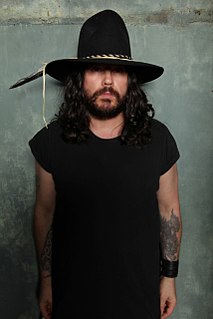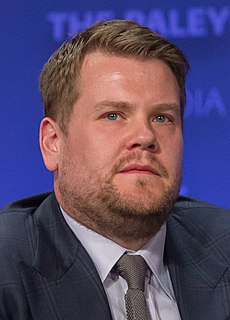A Quote by Alex Gansa
One of the things you learn very early in writing for television, especially, is that compressing the story is always a good idea.
Related Quotes
I'm such a huge fan of television and what's happening in television, right now. You are able to visit characters and visit a story, week to week, push things in a different way than you can in a film, and you are able to go deeper, simply because you have more time. I'm just excited to do that. It's always good to do new things.
There's exceptional work being done on television. Some of our great writers are writing for television. When you have things to choose from, you typically go after the writing - unless you're going after the money. There are fewer opportunities in film to make money with good writing, unless you're an action hero.
In the early days, Porter Wagoner would not exactly scold me, but he's say, 'You're writing too many damn verses. You're makin' these songs too damn long.' And I'd say, 'Yeah, but I'm tellin' a story. I have a story to tell.' And he'd say, 'Well, you're not going to get it on the radio.' If I start writing a song, I'm writing it for a reason. People would say that I had to have two verses, and a chorus, and a bridge. I tried to learn that formula.
I'd love to have written a film and it to be regarded as good. I'd just like to be doing things that are good, really. I think that's all you can aim for. I find it odd when actors say they just want to do films or plays or television. A lot of films aren't very good; a lot of television isn't very good; a lot of plays aren't very good.
The idea that boxing lends itself to cinema so well is because it's usually a morality play - good against evil, insecurity and triumph, fear strikes out, so the audience can really get drawn into the drama of it. Also, it was sensual and very primal. I think subliminaly we do two things - life is a fight, life is a struggle and we understand that from our early, early, early ancestors, and life is a race.
I did television for a very long time, but if you're on television, words don't count. What the eye sees beats the words. If you switch sides, from radio to television, you learn that the wordiness that you learn on the radio is useless or not nearly as powerful, and you have to learn to trust that the eye will just beat the ear.






































